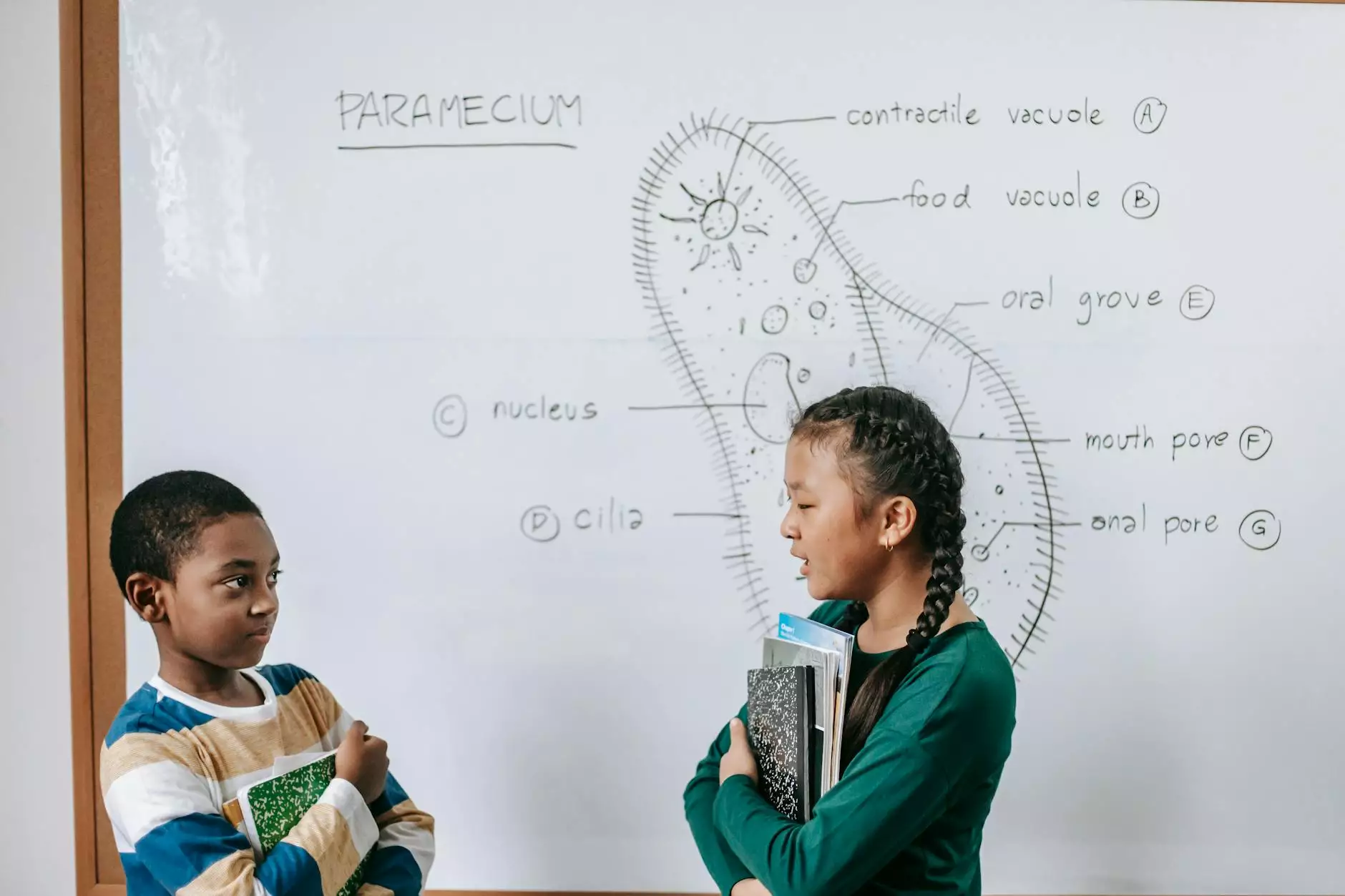About Childhood Allergies: Six Common Questions Answered
Health
The Impact of Childhood Allergies on Health
Allergies are a common health issue among children that can significantly impact their overall well-being. As a parent, it is essential to understand the causes, symptoms, and treatment options for childhood allergies. In this comprehensive guide, Kelley Tim PA-C, an experienced healthcare professional specializing in childhood allergies, provides detailed answers to six common questions parents often ask.
1. What are the Main Types of Childhood Allergies?
Childhood allergies encompass a range of conditions triggered by various allergens. Some of the most common types of allergies in children include:
- Food Allergies: These allergies occur when the immune system reacts to certain foods such as peanuts, eggs, or milk.
- Environmental Allergies: These allergies are triggered by substances present in the environment, such as pollen, dust mites, or pet dander.
- Insect Sting Allergies: An allergic reaction occurs when a child is stung by an insect like a bee, wasp, or fire ant.
- Drug Allergies: Some children may develop allergies to certain medications, resulting in adverse reactions.
- Allergic Rhinitis: Also known as hay fever, allergic rhinitis causes symptoms like sneezing, a runny nose, and itchy eyes due to exposure to allergens.
- Eczema: Eczema, or atopic dermatitis, is a chronic skin condition often associated with allergies.
2. What are the Symptoms of Childhood Allergies?
The symptoms of childhood allergies can vary depending on the type of allergy and the individual child. Common symptoms include:
- An allergic reaction to food may manifest as hives, swelling, nausea, vomiting, or difficulty breathing.
- Environmental allergies can lead to nasal congestion, sneezing, itchy and watery eyes, coughing, and asthma symptoms.
- Insect sting allergies may cause severe swelling, itching, and even anaphylaxis in some cases.
- Drug allergies can result in rashes, itching, breathing difficulties, or anaphylaxis.
- Allergic rhinitis often presents as nasal congestion, sneezing, itching of the nose and eyes, and watery discharge.
- Eczema can cause dry, itchy, and inflamed skin, sometimes leading to infection.
3. How are Childhood Allergies Diagnosed?
Diagnosing childhood allergies requires a comprehensive evaluation of a child's medical history, symptoms, and physical examination. In some cases, allergy testing may be necessary. Allergy tests can involve skin prick tests, blood tests, or elimination diets. Kelley Tim PA-C is skilled in conducting these diagnostic procedures to provide accurate allergy diagnoses for children.
4. What Treatments are Available for Childhood Allergies?
Treatment options for childhood allergies depend on the specific allergy and its severity. Some common treatments include:
- Medications: Antihistamines, nasal sprays, and eye drops can help control allergy symptoms.
- Allergy Shots: Immunotherapy involves administering gradually increasing doses of allergens to desensitize the immune system over time.
- Allergen Avoidance: Identifying and avoiding triggers is an essential aspect of managing allergies.
- Emergency Epinephrine: Children with severe allergies may require carrying an epinephrine auto-injector in case of an anaphylactic reaction.
5. Can Childhood Allergies be Prevented?
While it is not always possible to prevent childhood allergies entirely, there are steps parents can take to reduce the risk:
- Introduce solid foods gradually and monitor your child for any signs of allergies.
- Keep the home environment clean and free of dust mites, pet dander, and other common allergens.
- Minimize exposure to potential allergens, such as certain foods, pollen, or insect stings.
- Follow proper medication protocols and inform healthcare providers about any known allergies.
6. When Should I Seek Medical Attention for My Child's Allergies?
If your child experiences severe allergic reactions or shows persistent, bothersome symptoms, it is crucial to seek medical attention promptly. Consult with Kelley Tim PA-C to receive expert guidance on managing your child's allergies effectively.
By understanding childhood allergies and following appropriate treatment plans, parents can help their children live happy, healthy lives. Trust the expertise of Kelley Tim PA-C, a dedicated healthcare professional with extensive experience in childhood allergies.




